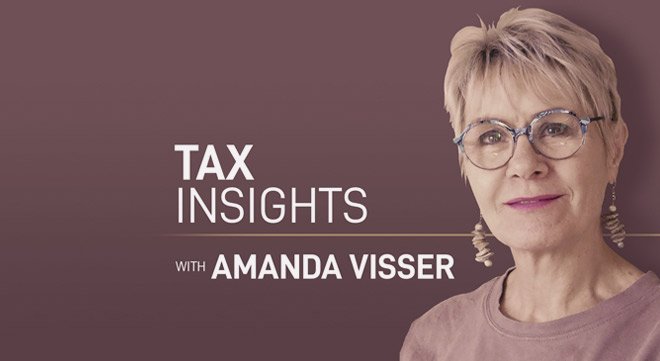
Smart tech boosts compliance, yet R646bn tax debt looms large
Using AI and third-party data, SARS identified some 100 000 high-income earners who were not registered for tax.

Using AI and third-party data, SARS identified some 100 000 high-income earners who were not registered for tax.
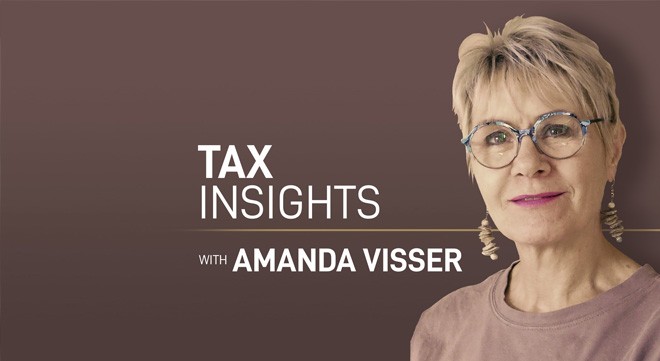
Advocates say including certain chicken products in the zero-rated food basket will directly benefit poorer households that rely on bone-in cuts and offal.
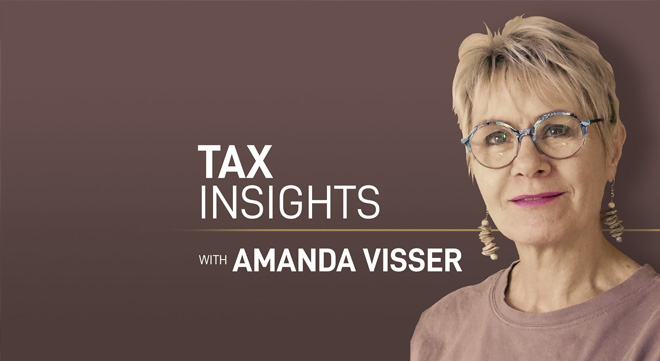
With no inflation adjustment in 2025, PIT collections rose sharply, increasing the burden on individuals without changes to the headline rates.
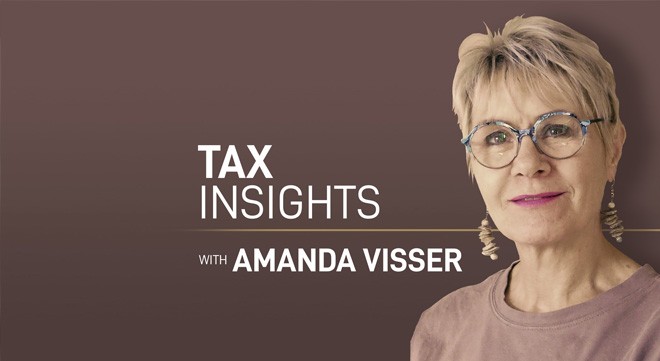
The Office of the Tax Ombud is seeing the same delays, verification snags, and procedural irregularities highlighted by a tax practitioner.
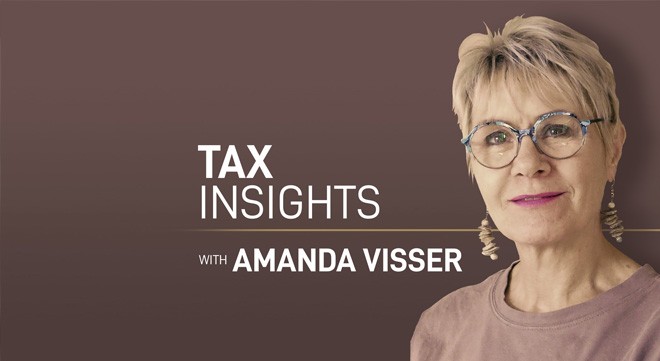
Modern contract interpretation permits surrounding circumstances to explain contractual meaning – undermining SARS’s argument that extrinsic evidence is inadmissible.
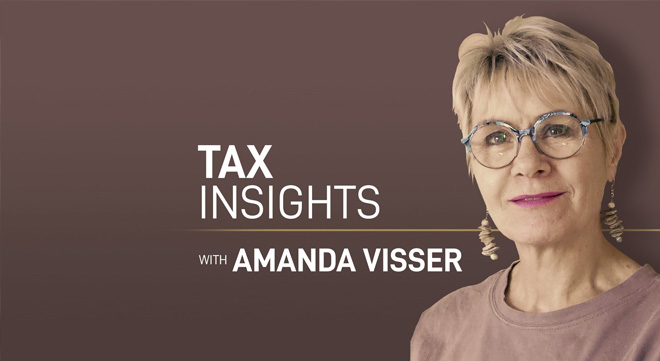
Tax practitioners argue that the apparent targeting of refund-eligible profiles points to either insider access or critical control failures.
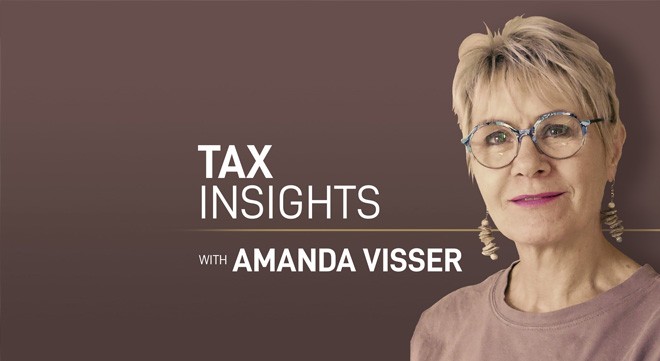
The MTBPS raises the 2025/26 gross revenue estimate by R19.7bn but warns of a R15.7bn shortfall against Budget estimates for 2026/27.
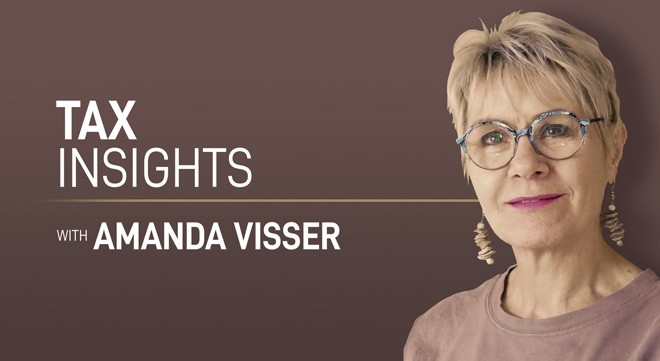
SARS will negotiate compromises only where liability is undisputed and both parties agree the taxpayer cannot pay in full.

CGT levies gains created by inflation and currency depreciation, eroding real returns and discouraging long-term investment, says the Free Market Foundation.
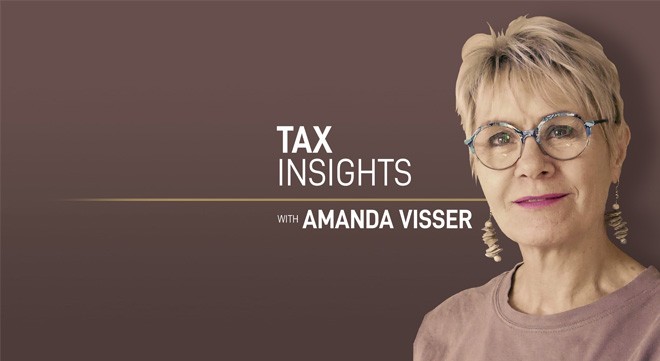
The Tax Ombud’s draft report on profile hijackings finds evidence of failures in SARS’s fraud prevention, detection, and resolution processes.
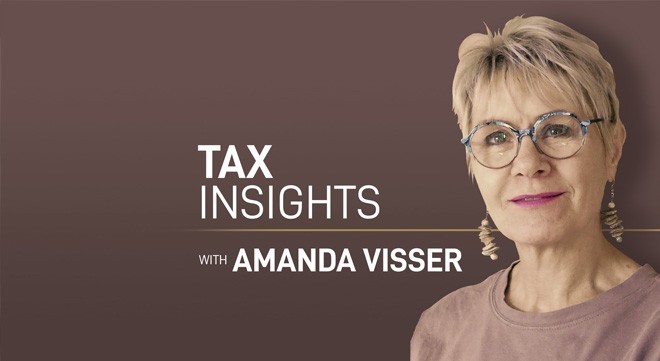
ISASA says there has always been a distinction between exempt (educational) and taxable (commercial) supplies.
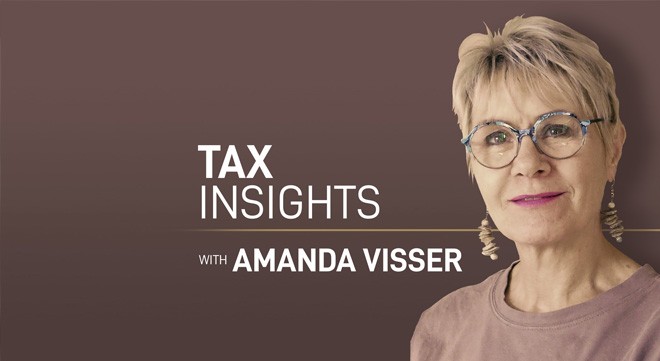
Industry stakeholders say poorly consulted proposals risk undermining investment, savings, and innovation.
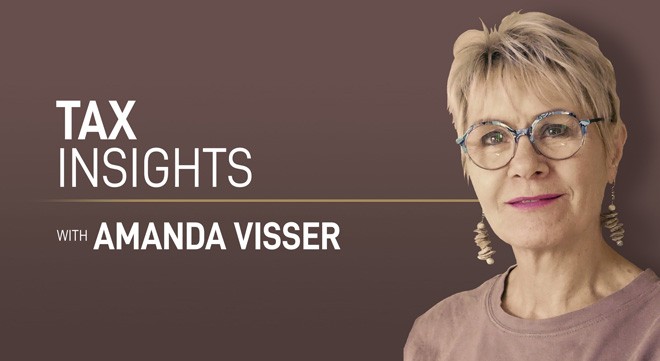
The amendment treats foreign pension benefits like other residence-sourced income, shifting the retirement planning landscape for South Africans who worked overseas.
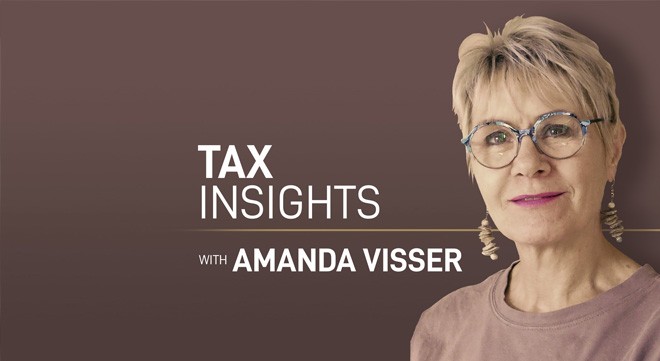
Tax specialists say stagnant thresholds have the opposite effect of policy aims – instead of freeing SMEs to scale up, they incentivise remaining under the threshold.
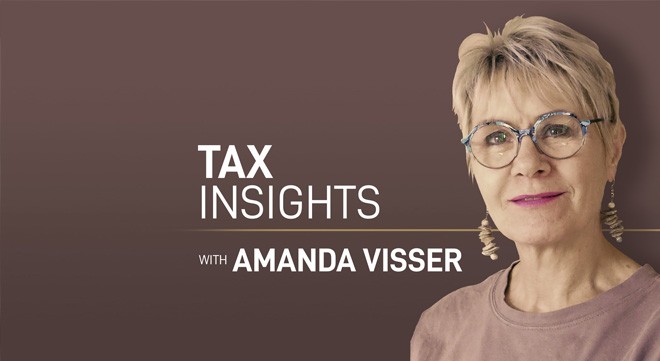
The Supreme Court of Appeal found in favour of SARS despite it ignoring a 45-day timeline for more than a year.
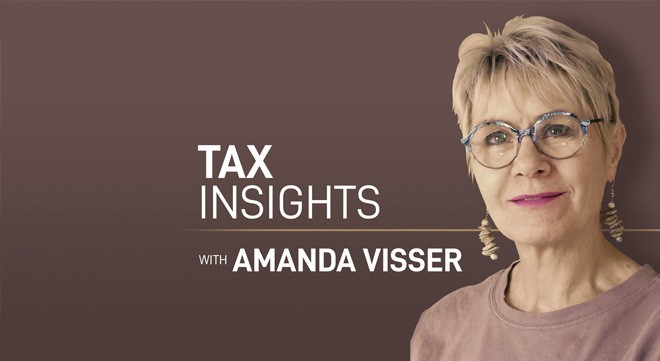
Tax practitioners say the headline statistic may obscure the true extent of incomplete auto assessments.
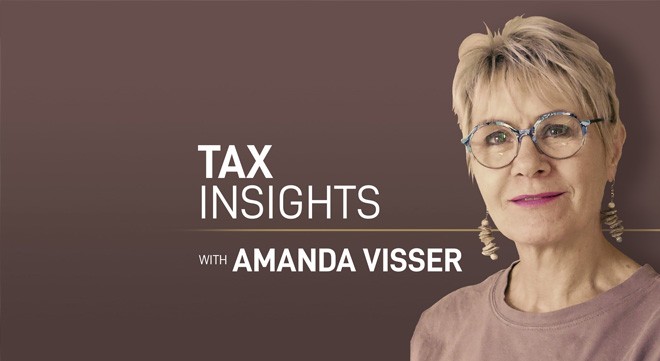
Supreme Court rejects SARS’s argument that the expert’s opinion was tainted by self-interest because of the fee he would earn.